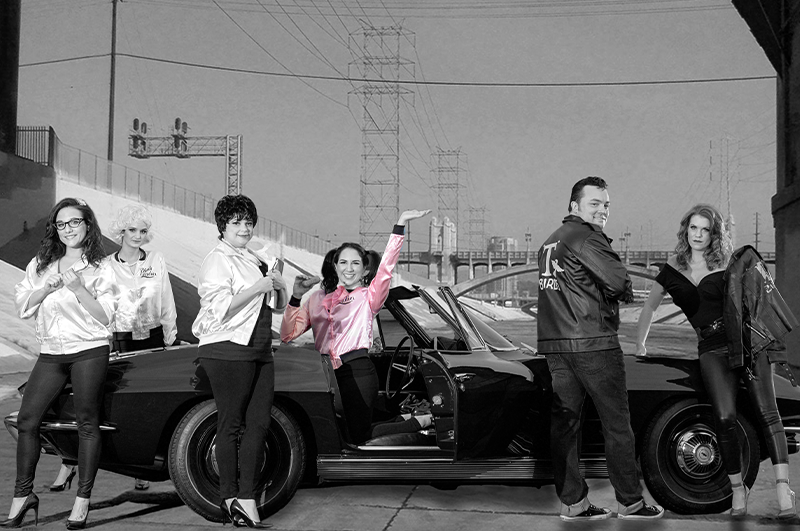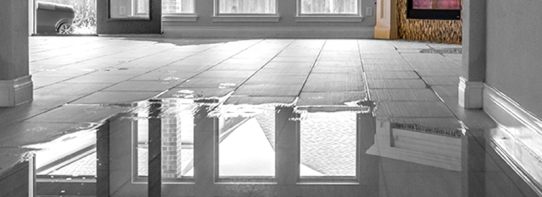The Ins & Outs of Classic Car Insurance

For many car lovers, owning a classic vehicle is a dream come true. If you are lucky enough, you need to make sure it is covered properly in case of any unforeseen incidents. To protect your valuable possession, you need to purchase classic car insurance.
What Is Classic Car Insurance?
Classic car insurance is a special type of insurance policy that helps protect your classic, collectible, antique, or vintage vehicle. Although standard auto insurance policies can cover a classic car, they typically will not offer the full value of your car in the event of a total loss. A classic car policy would help cover your car’s “agreed value,” which is an amount an item is worth as agreed upon by you and your insurance carrier. It also offers additional coverages for showing, restoring, and exhibiting your vehicle.
What Does a Classic Car Policy Cover?
A classic car policy would provide the same basic coverage that a standard auto policy would, including:
- Liability
- Uninsured/underinsured motorist liability
- Personal injury protection
- Additional personal injury protection (essential services, funeral expense, death)
- Medical payments
- Collision
- Comprehensive
One of the most beneficial coverages a classic car policy provides that a standard auto policy would not is the “agreed value” for comprehensive and collision coverage for damages that occur during collisions and other incidents. A standard auto policy typically offers “actual cash value” which takes deprecation, age, and mileage into account when determining how much a car is worth. Since a car starts depreciating the moment it is driven off the lot, the payout value is typically less than it would cost to replace the vehicle.
Conversely, a classic car will appreciate over time, which is why “agreed value” coverage is essential. If the value of the vehicle increases over time, you can adjust your coverage limit to reflect it.
Most classic car policies also would offer the following additional and optional coverages that a standard auto policy would not:
- Restoration coverage: Specific to cars in the restoration process and not yet drivable
- Spare parts coverage: For tools and accessories that are stored separately from the vehicle itself
- Memorabilia contents coverage: For additional valuable pieces like old license plates and dashboard accessories
- Travelers’ coverage: For food, lodging, and a rental car if the classic vehicle breaks down while traveling to and from an auto event
- Auto show medical reimbursement: For you or someone in your party if injured at an auto event where you are showing your car
- No attendance required coverage: For your car while being displayed at an event you are not present for
Would My Vehicle Qualify for Classic Car Insurance?
Not all vehicles qualify for a classic car policy. Age is one factor an insurance carrier considers. The usual age range for a classic vehicle is between 25 and 50 years old. A vehicle older than 50 years would be considered “vintage” and would still qualify for classic car insurance. If the vehicle is newer than 25 years old, it could be considered for classic car insurance only if the value appreciates in time or it is considered a limited edition or rare vehicle. The usage of the car is another factor considered. The vehicle can only be used for pleasure driving or for an event such as a car show, parade, or exhibit. The vehicle cannot be used by the insured for everyday use. Most carriers would need to see proof of the insured’s primary vehicle through their standard auto policy. The vehicle must be stored in a safe and secured private garage, carport, or storage facility. Insurance carriers may also require you to have a driving record with no or minimal accidents or violations in order to purchase or renew a classic car policy.
The best part about obtaining a classic auto policy is that the policy premium is often considerably less expensive than a standard auto insurance policy – typically 34% less! Classic cars are usually considered a low-risk vehicle due to the vehicle being driven less. From an insurance carrier standpoint, the lower the risk, the lower the premium.
At Hanson & Ryan, we want to make sure your classic vehicle is covered properly. If you would like to obtain a classic car quote or if you have any questions regarding your classic vehicles existing coverage, contact us today!



